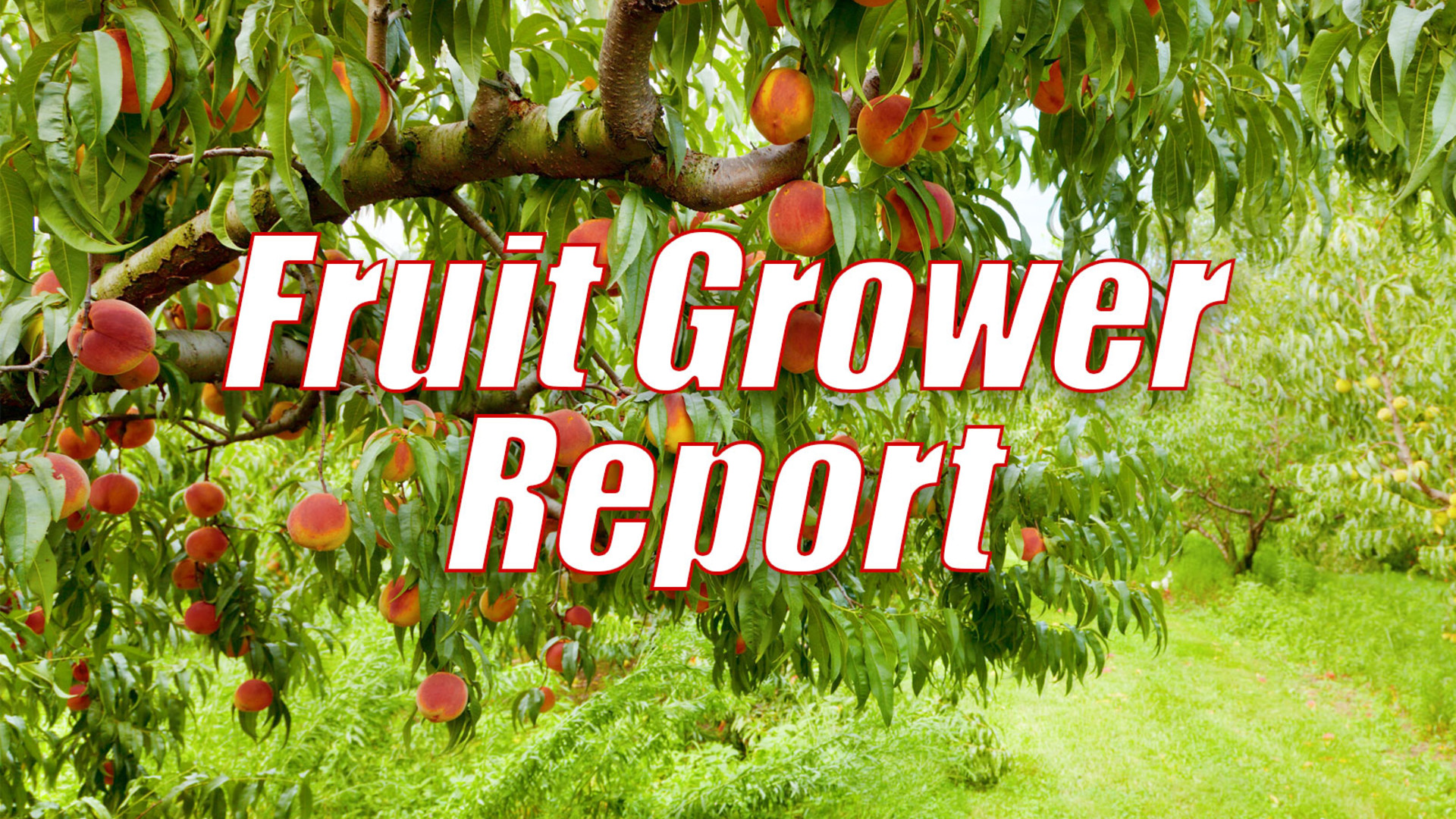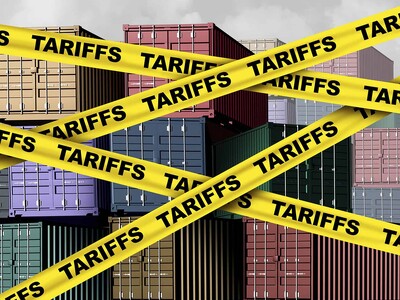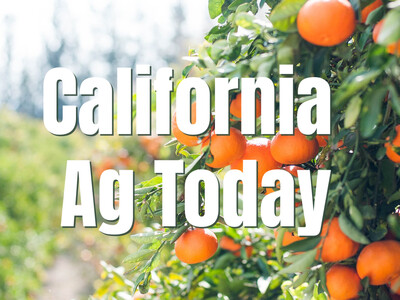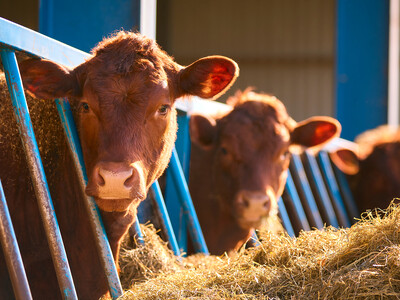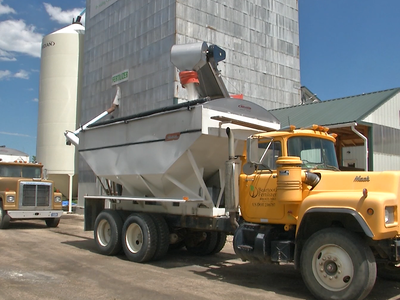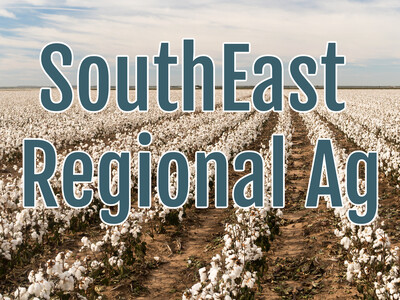Smoke Taint
Smoke Taint. I’m Greg Martin with today’s Fruit Grower Report.
The fires burning across the northwest may have another detrimental effect according to Michelle Moyer, Assistant Professor of Viticulture at WSU’s IAREC in Prosser.
MOYER: The whole issue is arising around the concept of what we call smoke taint and in grapes that’s really a factor of what we’re smelling in the air, will that translate into final wine products. And down in Australia they have had some issues in the past with smoke taint and wine coming out of vineyards that were close to bush fires.
But right now they are just trying to get a better idea of the effects of smoke.
MOYER: So right now we are trying to figure out is smoke taint an issue up here and the unfortunate thing is there’s really not much information on it. But there is the possibility that fruit can absorb some of these smoke taint precursors or molecular compounds that get into the skin and pulp but there’s really not much you can do about it. It’s a concern but you can do much about it.
A recent article took a look at the problem.
MOYER: On the vineyard side what we don’t know is how long fruit needs to be exposed to natural fires before they start to absorb some of those smoke taint precursors. Is there a certain time period in grape ripening that is more susceptible to absorbing or more likely to absorb a lot of that smoke taint flavor? Does proximity to the fire make a difference. We just don’t know that.
Research is being done in Australia but Moyer says they are not sure how that will translate for here in the northwest.
That’s today’s Fruit Grower Report. I’m Greg Martin on the Ag Information Network.


